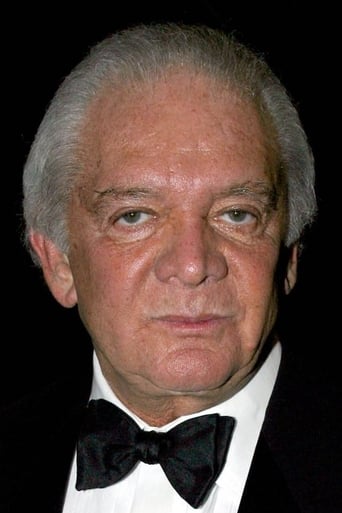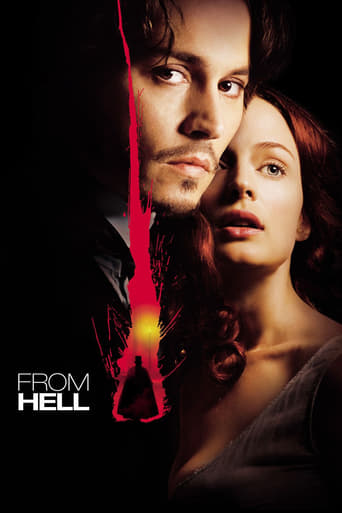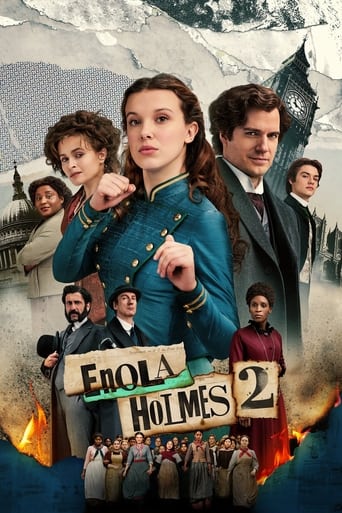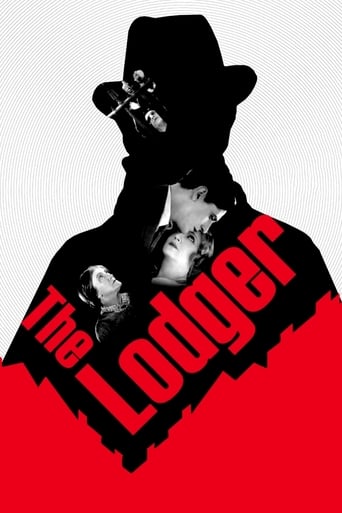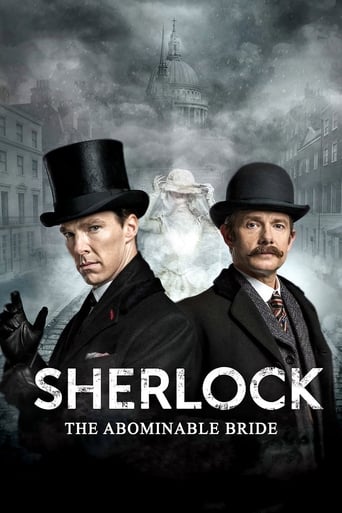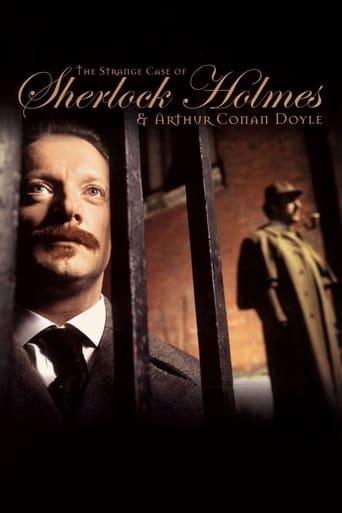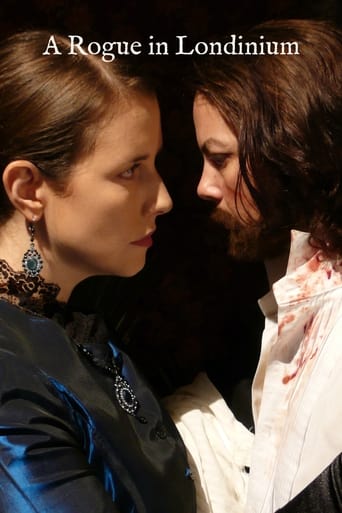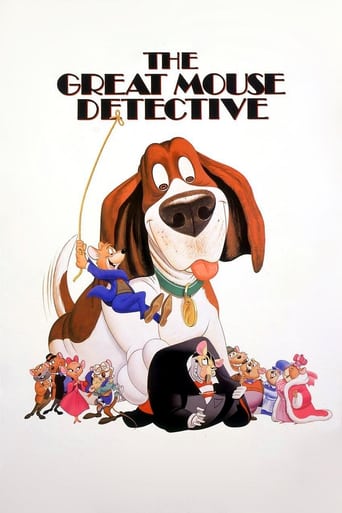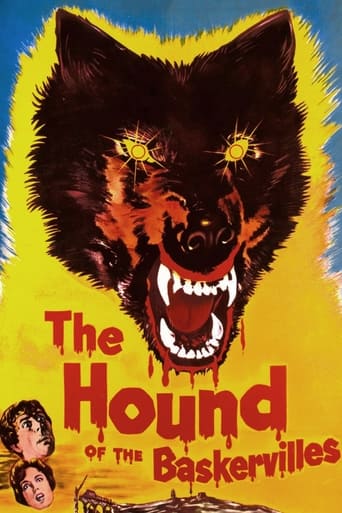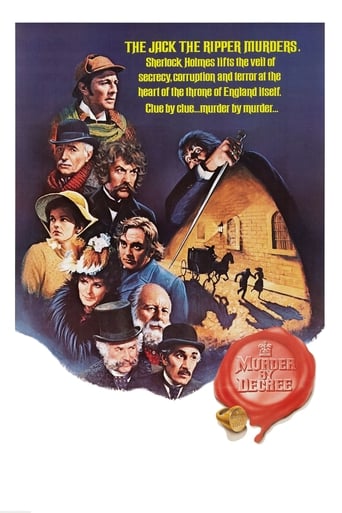
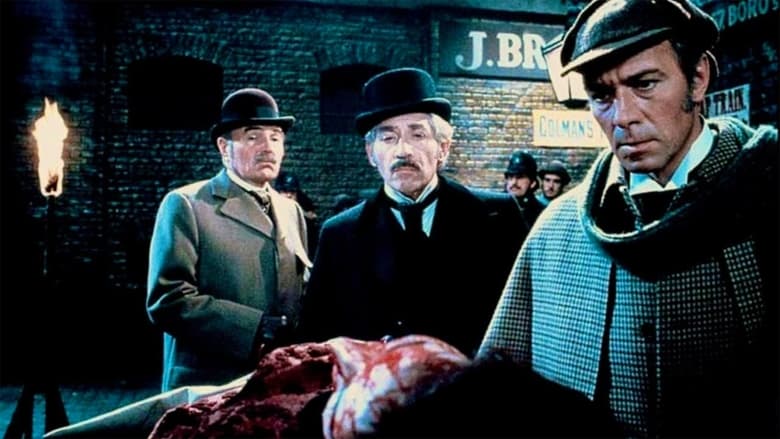
Murder by Decree (1979)
Sherlock Holmes is drawn into the case of Jack the Ripper who is killing prostitutes in London's East End. Assisted by Dr. Watson, and using information provided by a renowned psychic, Robert Lees, Holmes finds that the murders may have its roots in a Royal indiscretion and that a cover-up is being managed by politicians at the highest level, all of whom happen to be Masons.
Watch Trailer
Cast


Similar titles
Reviews
You don't see this movie too much anymore which is a shame. Christopher Plummer and James Mason do a very credible job as Holmes and Watson in this atmospheric Jack the Ripper thriller.Victorian era London is perfectly represented, and you also get to see Donald Sutherland in a small but important role as a psychic. Hints of a Masonic conspiracy wrap around the edges of this story, and it ultimately comes out that the Ripper cover up goes up to the highest levels of the English government.I first saw this movie in its first theater run in 1979, and it's something I'd definitely like to own on DVD for posterity.
Christopher Plummer and James Mason step into two of the most famous roles in literature, those being Sherlock Holmes and Dr. Watson in this absolutely wonderful tale set during the Jack the Ripper murders in whitechapel. What sets this movie above many others in not only the Sherlock Holmes adventures but the thriller genre itself is the excellent script, along with the totally convincing performances by the leads. This movie totally draws you in to its dark and sometimes horrifying world, where the seamy underbelly of Victorian life is on display. Congratulations must go the production designer who immerses us in the London fog and dark backstreets of 1880's England. Add a beautiful, haunting score and wonderful direction and this rivals the best thrillers I've ever seen. Highly recommended!
Whomever came up with the idea of pitting Sherlock Holmes against Jack the Ripper was a sheer genius! This movie was thoroughly engaging and kept me riveted through out the duration of the film.Christopher Plummer was fantastic as Sherlock Holmes and James Mason is, to me at least, the definitive Dr. Watson. The chemistry the two of them had on screen was amazing and I would have liked to have seen them do more Sherlock Holmes movies together. But to me, it was really James Mason who stole the show. It was interesting for me to read somewhere that Mr. Mason would only do the role if Watson wasn't portrayed as a complete buffoon. Instead, he was portrayed as an intelligent man (which he should be, if he's hanging around with Holmes)who had a certain naiveté about him, rather than being a complete idiot. And at no point did Holmes come across as condescending to him, which is often the case in most Holmes movies. Watson played an absolutely integral part in solving the mystery, rather than making it seem as though Holmes was able to solve it entirely on his own.Since, in real life, the mystery of who Jack the Ripper was, was never solved, it does take in to account all the conspiracy theories. Was he a surgeon gone mad? Were the murders somehow connected to the royal family? Were the murders truly random or interconnected? It will keep you guessing until the end.*************************MINOR SPOILER ALERT BELOW********************* There were only a few drawbacks that would have otherwise made it an almost perfect film. For starters, Donald Sutherland, who plays a psychic that has some mysterious connection to the Ripper, is vastly underused. At one point he psychically realizes who the Ripper is, but refuses to tell Holmes who it is. He tells Holmes the street that the suspect lives on, but that's all. It does lead Holmes in the right direction, but that's about it. In other words, I feel that his character, who was a minor one, wasn't really necessary and didn't really add much to move the plot forward. Holmes could have really figured it out in another way. Also, perhaps it was just me, but when Holmes encounters Mary Kelly, a prostitute that holds the key to the whole mystery, she is so scared and hysterical, that I found it difficult to understand what she was saying,so it was a bit confusing for me as to how he was lead to Genevieve Bujold's character in an insane asylum. Lastly, when the murderer(s) are revealed, it's anticlimactic because you never meet these characters anywhere else in the film. Even though one is referred to earlier, you never meet them. Unlike a usual whodunit, where you have to guess who the killers are and why, the whole point was just for the why. When Holmes explains the reasons behind the killings, you are completely satisfied with the explanation, but still feel a bit cheated about the who.Despite these drawbacks, it was a thoroughly enjoyable film and a "Must See" for all Sherlock Holmes enthusiasts. James Mason alone is worth the viewing.
Christmas Story director Bob Clark's bloody crossover thriller takes what could've been merely a customary this-icon-meets-that-icon suspense thriller and furthers it toward something else. Whether that "else" is something duly Holmesian relies on the outlook of the viewer. Various fanatics grade this 1979 high-concepter among the premium Holmes movie takeoffs, welcoming its straight-faced, unpretentious take on the great consulting detective. Others recoil from Christopher Plummer's modest, emotional version, which conspicuously doesn't highlight the literary figure's unflustered deductive reach. That quality is my favorite of those which characterize the icon, but I am not disappointed in this film's depiction of Holmes and Watson, perhaps because of my partiality toward Plummer, as well as that James Mason gives us a refreshing no-nonsense Watson, though a stickler can plausibly contend whether or not the steadfast army surgeon would be so easily upset about his peas.Whether or not Murder By Decree is consistently mindful of the assets of the original characters and of the propriety observed throughout each pursuit, Plummer and Mason together, if nothing else, make one of cinema's most tenderly felt Holmes-Watson duos. On the whole, Murder by Decree is a doting deference to the halcyon days of Hammer Studio, and a crafty alteration of Victorian Britannia to the back end of the anti-establishment 1970s. Clark unravels Rebecca's gaslit London streets and inspects them through his sometimes too self-conscious wide-angle lens for the somewhat ham-handedly warped POV of one Jack the Ripper. Coach, black horse and unrevealed top-hatted steerer emerge from the fog as if out of Dr. Caligari's cabinet, before Clark cuts to a counterpart world of regal pageantry, where reports of the butchery of wanton women are virtually dismissed.The contrast with Holmes and Watson is what makes the merging of the two legends so interesting, rather than just a gimmick. Mason plays Watson in scenes with Sherlock as if they're an old married couple. "When will you be home?" But at work, he's effortless at self-defense despite his age and urbanity, with a smuggled pinch of Humbert as he discovers his finger snagged between a back alley hooker's teeth. Clark largely revolves his compositions around the cast, with Anthony Quayle and John Gielgud's colonial self-importance and David Hemmings' secret radicalism as the boundaries, flanked by the hushed anguish of telepathic Donald Sutherland and Geneviève Bujold's quivering in the asylum, which splinters the great detective's honored and important façade of reason into tears.Sumptuous 1880s reconstructions barely hamper Clark's feelings of the primeval, a durable vision stamped when a razed victim is pushed out of the Ripper's stagecoach passing the camera, an almost concealed glint giving us the perpetrator's outline. And ultimately, in line with what I say above about Holmes, the climactic open letter, where he, no longer in the company of pipe, violin or crooked morphine syringe, switches his probing proficiency from distinctive crimes to public accountability, not only demonstrates a unique emotional turn, but also reminds us Murder by Decree was made in the decade of immortal conspiracy films. Indeed, somewhat like a Tarantino film, it's a pastiche of genres, ironies, styles and most of all characters to create a unique movie.




